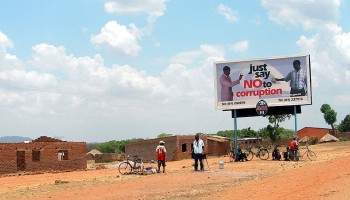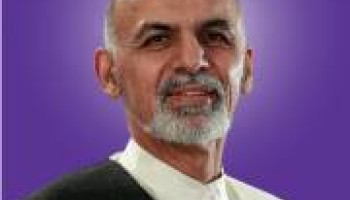Most of the violence is occurring in the Bajo Aguán region, a major agricultural area in Honduras now brimming with African oil palms. These plants can be traded in the carbon credit market, and have become Honduras’ most profitable crop due to soaring global demand for biodiesel.
The Guardian reports that the violent land conflicts in Bajo Aguán began almost 20 years ago, when a World Bank funded modernization program transferred thousands of hectares of land once used for subsistence farming to agribusinesses.
In 2009, subsistence farmers began staging illegal occupations on the land claimed by the country's largest palm oil producer, the Dinant Corporation. The owner of Dinant is perceived to be one of the most powerful men in Honduras, according to the Guardian.
According to testimonies of Hondurans recorded by the International Federation for Human Rights and other advocacy groups, the police, military, and landowners’ private security forces allegedly collaborate to blockade roads and burn farmers’ homes. The peasants also say these groups torture and even murder land activists, lawyers, and journalists. According to the country’s human rights commissioner, at least 92 people, mostly land activists, have been killed between 2009 and 2012 in the Bajo Aguan land disputes, reports the Global post.
The latest victim of these conflicts is the farmers’ leader Antonio Martínez, 28, whose corpse was discovered, strangled, in November.
Matias Valle, a founding member of the United Peasant Movement, was another victim of land disputes, during which he was shot dead by two masked men riding a motorcycle while he was at a bus station. Witnesses reported seeing a car full of private security guards parked just meters away.
Witnesses also say that that private security guards train with Honduran army soldiers, who in turn receive training and support from U.S. military bases in the country. According to the Guardian, the US embassy in Honduras did not offer any comment on this increasing violence, despite repeated requests.
Both the military and Dinant Corporation deny any wrongdoing. The military blames the United Peasant Movement for instigating the conflict, writes the Guardian in the same report.






